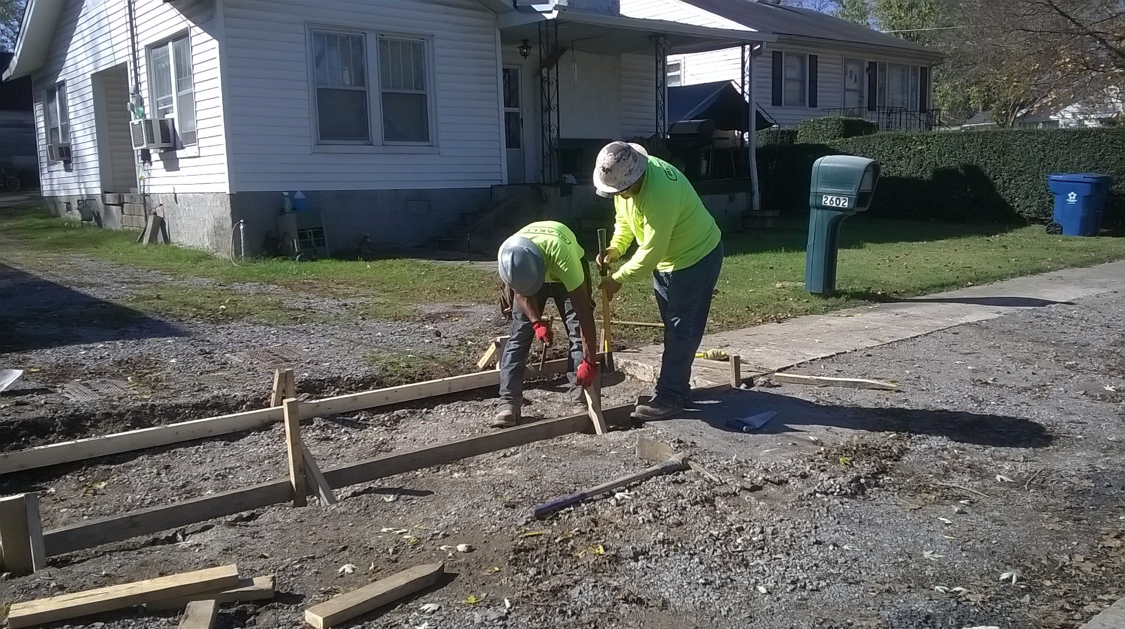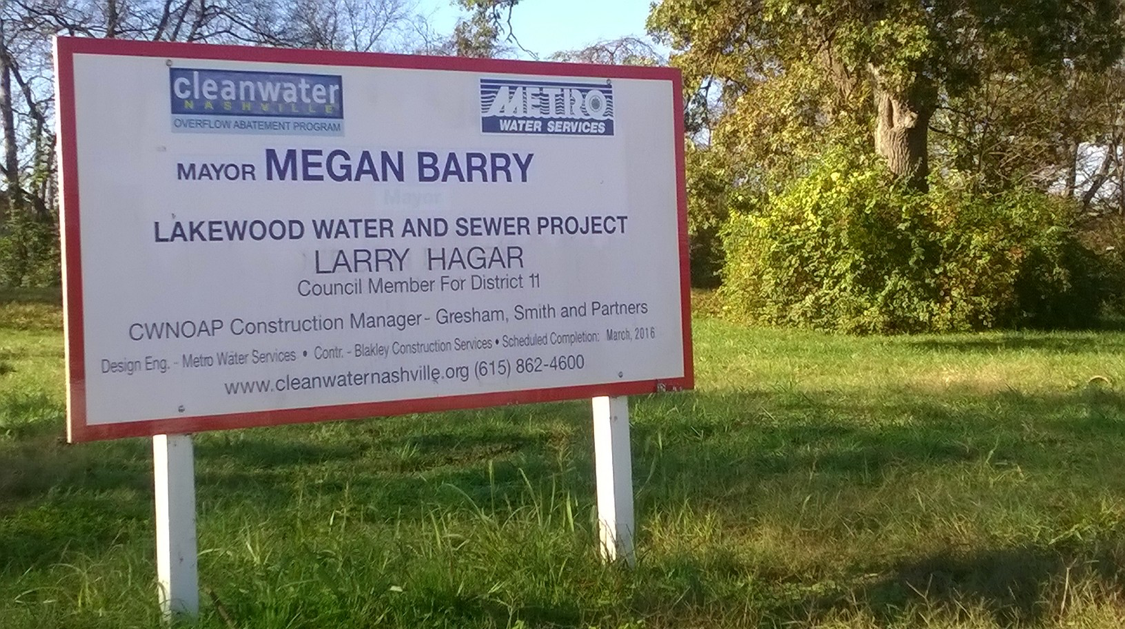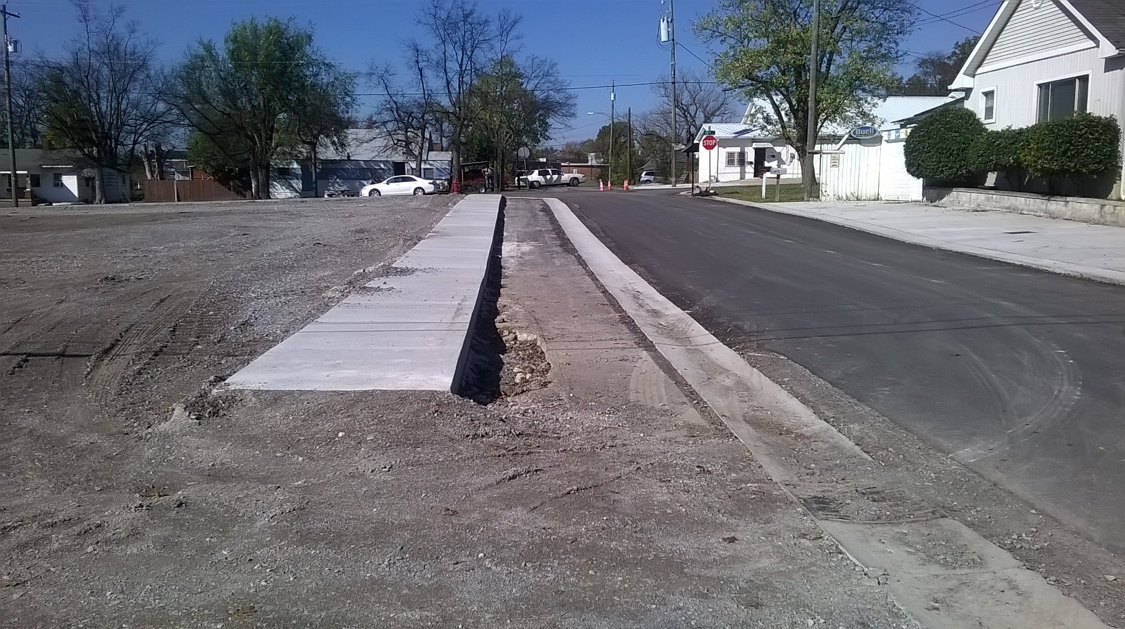Lakewood Economic Impact Study
What happens when you spend $14M to fix sewer lines that included manholes underneath houses? Wilmot was contracted to find out.
Overview
The city of Lakewood, just East of downtown Nashville, was built as a “company town” for a local factory and didn’t always follow standard building codes. Sewers ran underneath residents’ houses, leading to unique problems including manholes only accessible from inside homes. After Lakewood was annexed by Nashville Metro Government in 2011, Metro Water Services invested $13.9M in infrastructure renewal. As part of Metro’s larger effort to increase efficiency and reduce overflows throughout the city, the project replaced or retrofitted nearly every water and sewer service within Lakewood and installed a new stormwater system.
Wilmot’s Role
Wilmot was asked to analyze how Metro Water’s investment benefitted the community, focusing on social, environmental, and economic impacts. Following Wilmot’s economic impact analysis, the investment’s contribution to the gross regional product (GRP) was estimated along with the jobs supported during design and construction. Other social and environmental impacts evaluated include:
Flood prevention from the increase in capacity of the storm water collection system
Decrease in leakage and infiltration into the system
Energy savings from decreased demand for water treatment
Public safety from the increased flow of water to fight fires
Results
$27.1M in economic output
$1.36M in property value increases
159 jobs supported
QUICK FACTS:
Client:
Metro Water Services
Location:
Nashville, TN
Markets:
Municipal
Water/Wastewater
Services:
Triple bottom line cost benefit analysis
Economic impact analysis





